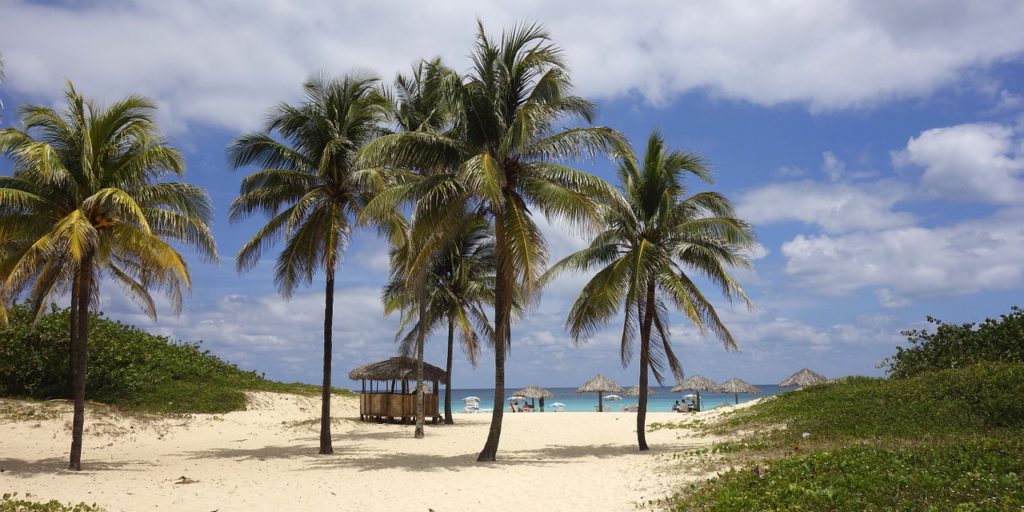- Care needed when using ethanol-fuelled firepots: McLeish - October 5, 2019
- Government changes to auto insurance need to go further, says McLeish - April 5, 2019
- Brokers have duty to inform clients of insurance options - January 5, 2019
Complex personal injury litigation stemming from an accident in another country often includes arguments for the case to be heard in a jurisdiction other than Ontario — but as Toronto critical injury lawyer John McLeish tells Recovery magazine, courts look for “a real and substantial connection” to a certain location, when deciding in what jurisdiction the case is to be heard.
McLeish explains that some of the thorny jurisdictional issues were answered by the Supreme Court of Canada in Club Resorts Ltd. v. Van Breda 2012 SCC 17, which focused on two separate cases involving Canadian citizens — one who suffered catastrophic injuries and one who died while on vacation in Cuba.
Ontario contract
Although Club Resorts Ltd. — which managed the two hotels where the accidents occurred — was incorporated in the Cayman Islands, the court determined that a contract was entered into in Ontario and therefore, the province was entitled to assume jurisdiction in the case.
Van Breda also outlined the factors that determine which court has authority to hear a case, and identified four factors that constitute a real and substantive connection, Recovery notes. These include: whether the individual lives in the province or carries on business there, the issue of whether the tort occurred in the province, and finally, the question of whether a contract connected with the dispute was made in the province.
However, the article says, the Supreme Court also acknowledged that the list was not complete. Other presumptive factors may be brought forward to argue for a case to be heard in a specific jurisdiction. Regardless of what those factors may be, the courts demand that significant linkages with a jurisdiction be demonstrated, explains McLeish, partner with McLeish Orlando LLP.
As McLeish says, the fight over jurisdiction is usually a reflection of where damages are likely to be most advantageous or restrictive, with the question becoming whether Canadian law will be more favourable.
“U.S. damages are generally much higher. In other jurisdictions, including some European countries, they can be much lower,” says McLeish.
Witness evidence
And, as the article notes, witness evidence — often requiring an individual to travel from foreign jurisdictions — is often needed in order to establish liability and damages.
As an example, McLeish tells Recovery that he recalls assisting a client with a personal injury case that was being heard in London, England. Defence counsel in London called for a settlement meeting in London, with the clients present. The day before the settlement meeting, after both McLeish and the client had arrived in London, the defence cancelled the meeting.
Additional expenses arise with expert witnesses based in Canada, including health professionals, he explains.
Trying to get a treating doctor from the U.S. or anywhere else to Toronto can be very difficult, says McLeish. If the case goes to trial, the doctor may decline to attend or ask for an outrageous amount of money to appear, he adds.
In a claim advanced by a Canadian resident in a foreign jurisdiction, the administrative burden for Canadian lawyers involved is also greater, says McLeish, as it often includes finding and working with a lawyer or firm in the other location.

